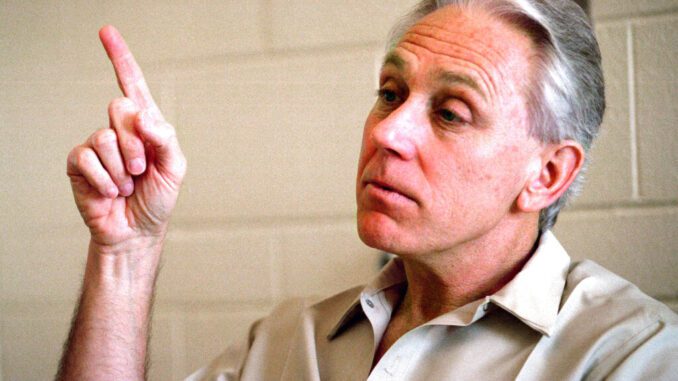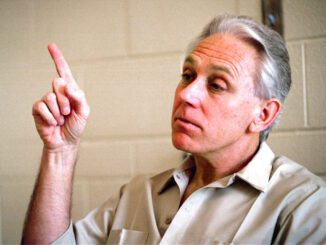
RALEIGH — A former Army doctor convicted for the infamous 1970 murders of his pregnant wife and two young daughters on a North Carolina base has ended his appeal of a lower court ruling that denied his requested release.
An attorney for Jeffrey MacDonald said in court documents that his client wished to dismiss his appeal to the 4th U.S. Circuit Court of Appeals in Richmond, Virginia. Federal prosecutors did not oppose the dismissal in the “Fatal Vision” case, named for a book about the investigation, and the court granted the dismissal Thursday.
MacDonald, who is serving life in prison, had filed an appeal notice in April, two weeks after District Judge Terrence Boyle refused to release him. His lawyers had asked Boyle to let him leave prison because of his deteriorating health. Boyle wrote he lacked authority because a law governing compassionate release requests doesn’t apply to those who committed their crimes before a 1987 cutoff.
“After a searching review of the relevant law, Mr. MacDonald concluded that the decision below was correct as a technical legal matter,” MacDonald’s lawyers said in a statement Friday, referring to Boyle’s order.
MacDonald, 77, is incarcerated at a prison in Cumberland, Maryland, and has chronic kidney disease, skin cancer and high blood pressure, according to court documents.
MacDonald was convicted in 1979 for killing his pregnant wife, Colette; 5-year-old daughter, Kimberley; and 2-year-old daughter, Kristen at their family home at Fort Bragg using a knife and ice pick before stabbing himself. MacDonald has declared his innocence and spent years on appeals.
MacDonald has blamed “drug-crazed hippies” as the killers. But prosecutors said he donned surgical gloves and used his wife’s blood to write the word “PIG” over their bed to imitate the 1969 Charles Mansion murders.
The 4th Circuit refused in late 2018 to grant MacDonald a new trial.
MacDonald “did the unthinkable more than 50 years ago when he murdered his pregnant wife and two daughters in brutal fashion,” Norman Acker, acting U.S. attorney for eastern North Carolina, said in a news release Friday. The Raleigh prosecutor’s office prosecuted MacDonald in a high-profile trial and has defended the convictions since.
“Our office has sought justice on their behalf for decades. That work continues today,” Acker said. “And that work will continue every day until MacDonald’s efforts to escape justice cease for good.”

